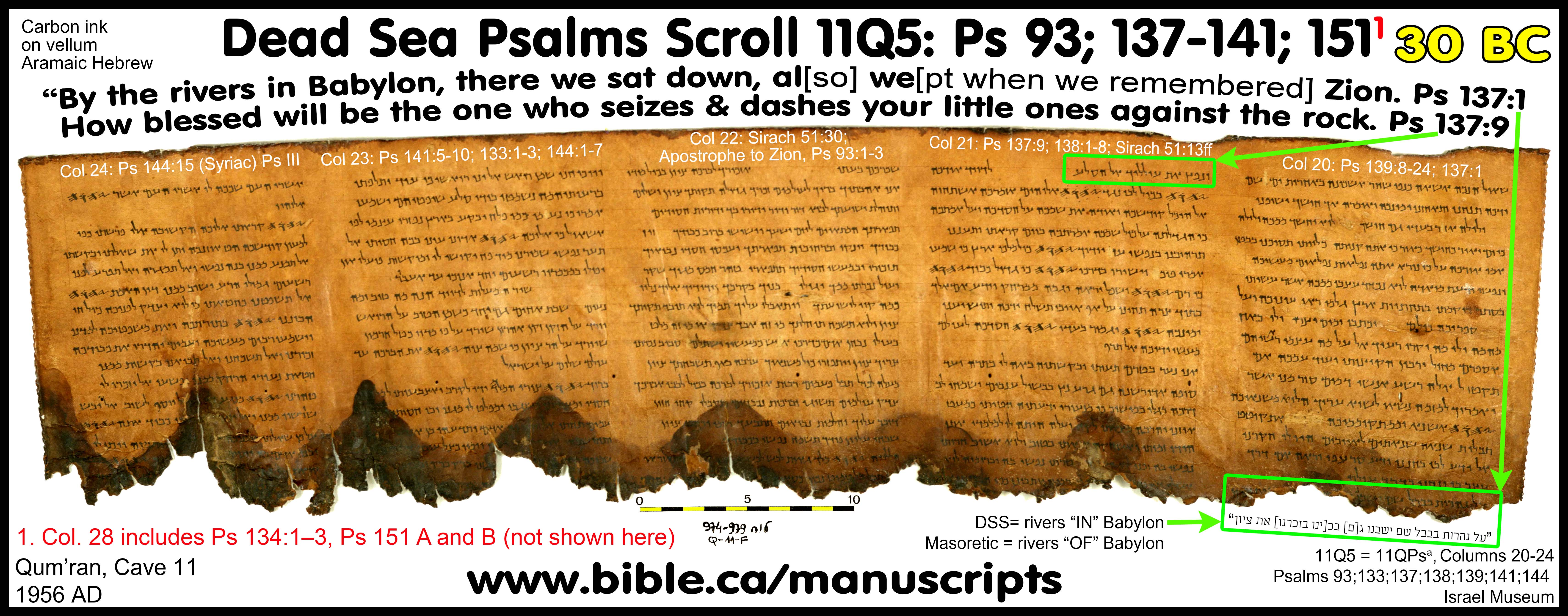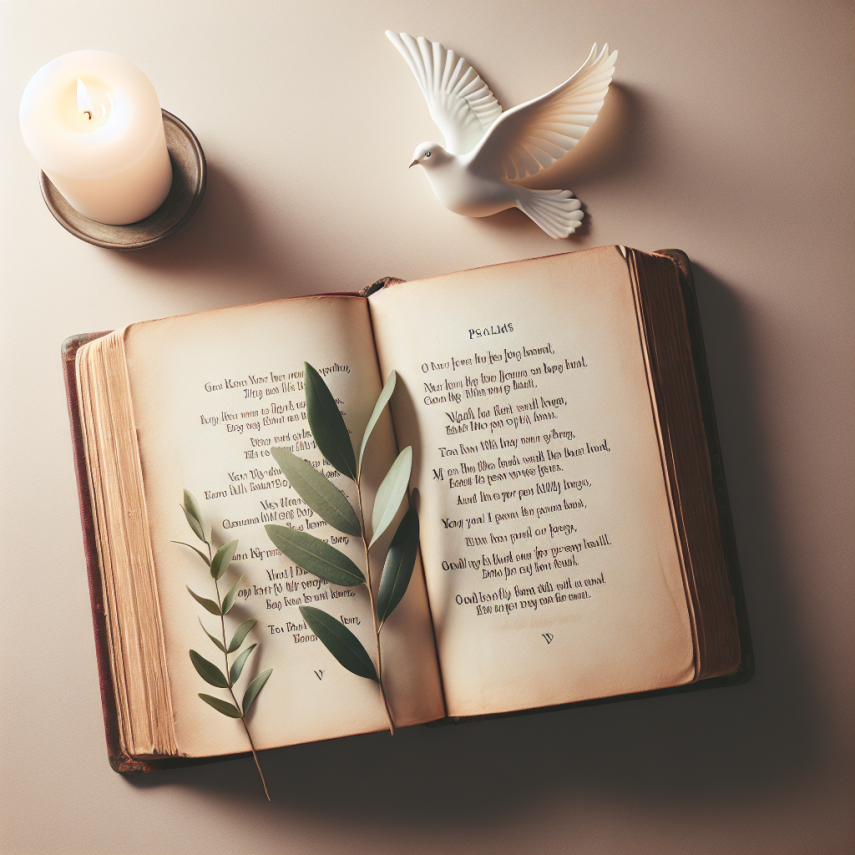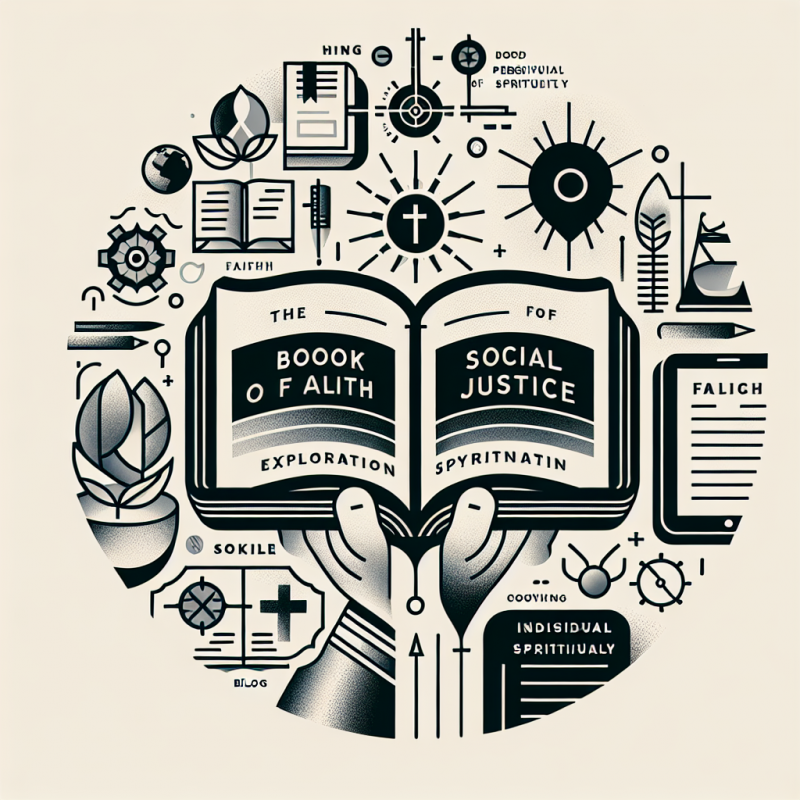Exploring the Depths of the Book of Psalms: A Journey of Faith, Lament, and Praise
In the rich tapestry of biblical literature, the Book of Psalms stands out as a central piece of spiritual heritage that invites believers into a profound dialogue with God. Unlike any other book in the Bible, Psalms offers a unique blend of raw human emotions and divine promises, capturing the essence of human experience in the presence of the divine. Its significance within the biblical narrative is immense, serving both as the prayer book of ancient Israel and a perpetual source of comfort and guidance for believers worldwide.
Historical and Cultural Context
The Psalms were composed over several centuries, reflecting the experiences, struggles, and hopes of the Israelite people. Their historical backdrop ranges from the monarchical period of King David, traditionally considered the author of many psalms, to the post-exilic period when the Jewish community sought to rebuild their identity and relationship with God. This diversity of authorship and context contributes to the Psalms’ rich thematic diversity and emotional depth.
Key Themes and Stories
- Praise: Many psalms are hymns of praise that celebrate God’s majesty, creation, and acts of deliverance. Psalms 8 and 19 are notable examples, extolling the glory of God in creation and the heavens.
- Lament: Equally prevalent are psalms of lament, where the psalmists express sorrow, fear, and frustration, often amidst suffering or enemies’ threats. Psalms 22 and 88 provide poignant expressions of anguish yet always return to trust in God’s deliverance.
- Thanksgiving: The psalms of thanksgiving, such as Psalms 30 and 107, recount the experiences of individuals or the community being saved from distress, leading to gratitude and testimony to God’s grace.
- Wisdom: Some psalms reflect on the nature of righteousness and the path to a blessed life, offering insights not unlike those found in Proverbs. Psalms 1 and 119 are prime examples, advocating for a life anchored in God’s law.
Theological Implications
The Book of Psalms richly discusses the nature of God, portraying Him as creator, sustainer, judge, and shepherd. This collection does not just inform us about God; it invites us into an experiential relationship with the divine. As the psalmists navigate their joys and struggles, they model for us a faith that wrestles, trusts, and ultimately finds rest in God’s character and promises.
The Psalms’ relevance to modern believers is undiminished. Amidst contemporary challenges, the expressions of lament and trust found in the Psalms offer a valuable framework for processing grief and finding hope. Furthermore, the psalms of praise and thanksgiving guide us in cultivating an attitude of gratitude and awe towards God’s work in our lives and the world.
Personal Reflection and Relevance

My journey has led me through valleys of doubt and mountains of joy, much like the varied landscapes of the Psalms. In moments of suffering and confusion, Psalms like Psalm 22 have given voice to my inner turmoil, reminding me that lament is a form of faith that leads us to seek God’s presence in our pain. Similarly, in times of recovery and victory, Psalm 150 has lifted my heart in pure praise, celebrating God’s faithfulness and power.
Moreover, reflecting on the integration of faith in everyday life, as discussed in Integrating Faith in Everyday Life: A Guide to Living Your Beliefs, the Psalms offer timeless wisdom on navigating the complexities of life with a heart anchored in divine truth. They teach us to see God’s hand in all aspects of our existence—encouraging an integrated life of faith that touches every dimension of our being.
Conclusion and Reflection
The Book of Psalms serves as a mirror reflecting the human soul before God. It encompasses a spectrum of human emotions and experiences, always pointing us back to the faithfulness and love of God. I invite you to delve into the Psalms, allowing them to guide your prayers, influence your worship, and shape your understanding of God in everyday life. As you do, may you find, as I have, that these ancient songs speak directly to the heart of our contemporary journey with God.
For further reflection, consider how the honesty of the psalmists in expressing their doubts, fears, and joys before God might inspire your own prayer life. What does it mean for you to engage with God genuinely and transparently, bringing your whole self before Him?
Focus Keyphrase: Book of Psalms




Fascinating article! As someone who’s always been intrigued by how ancient texts can offer insights into modern issues, I appreciate your thorough examination of the Book of Psalms. While I generally approach religious texts with a dose of skepticism, your piece opens up an interesting perspective on how these ancient songs might offer a framework for navigating contemporary challenges. It’s interesting to consider the blend of human emotions and divine insight in the Psalms as a guide for personal reflection and spiritual growth. Thanks for sharing!
In this article, I explored the Book of Psalms, delving into its historical, cultural, and theological significance. I shared how Psalms has personally influenced my journey of faith, offering a blend of lament, praise, and wisdom. My hope is that this piece will encourage others to engage deeply with Psalms, allowing its ancient words to speak to the complexities of modern life.